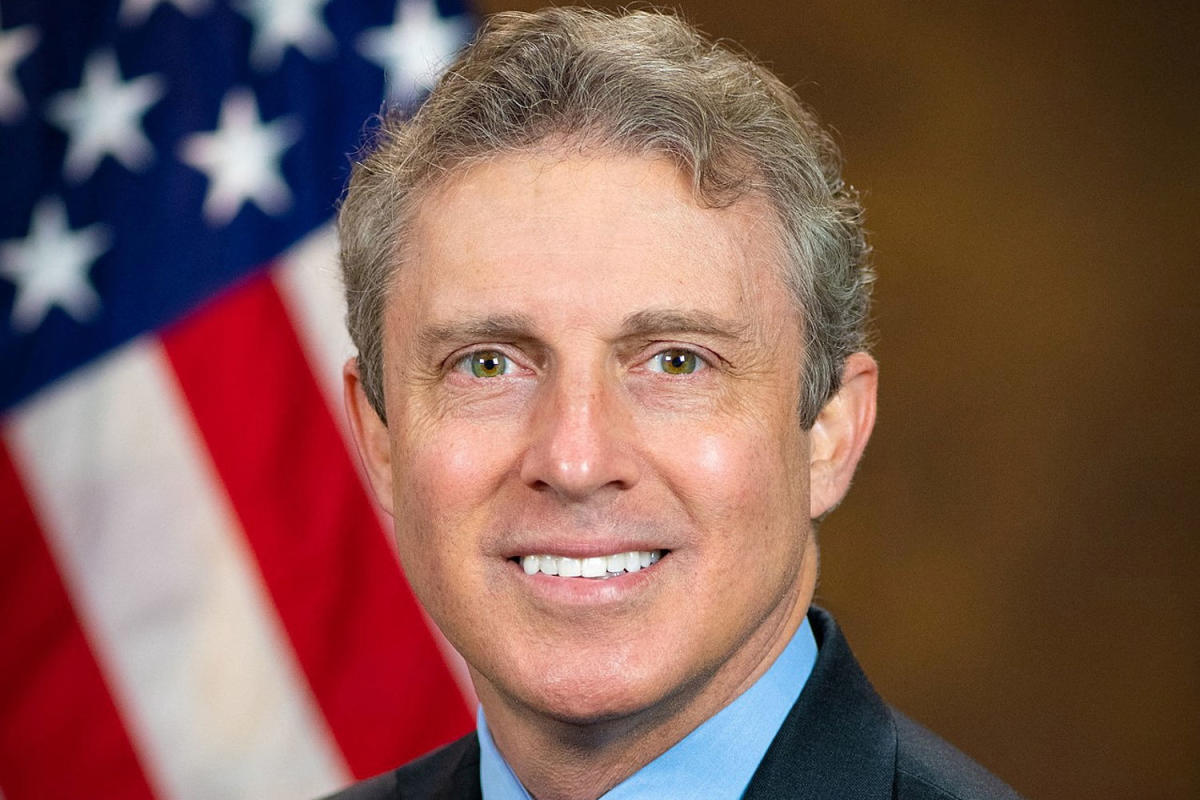
WASHINGTON — The Supreme Court on Friday for now prevented President Donald Trump from firing the head of a watchdog agency in the first legal showdown to reach the justices over the administration’s efforts to dramatically remake the federal government.
In an unusual, tentative move, the court neither granted nor denied an emergency request filed by the Trump administration after lower courts had blocked the effort to fire Hampton Dellinger, who heads the Office of Special Counsel.
Instead, in a brief order, the court said it would not immediately act because lower court proceedings are moving quickly. A hearing is scheduled for Feb. 26.
Advertisement
Advertisement
The court, which said it was holding the Trump request “in abeyance,” could act after that.
Follow live politics coverage here
Two justices, liberals Sonia Sotomayor and Ketanji Brown Jackson said they would have denied the application outright, while of the court’s conservatives — Justice Neil Gorsuch and Justice Clarence Thomas — said they would have granted it.
Gorsuch wrote that a federal judge “effectively commanded the president and other executive branch officials to recognize and work with someone whom the president sought to remove from office.”
Trump wants to install Doug Collins, the secretary of the Department of Veterans Affairs, as acting head of the agency.
Advertisement
Advertisement
The emergency request was likely the first of many such applications the administration is going to file at the Supreme Court in the wake of lower court rulings that have hindered Trump’s aggressive and unprecedented shakeup of federal agencies. The president, in alliance with billionaire Elon Musk, has fired thousands of workers, sought to block federal spending and has attempted to dismantle disfavored agencies, including the U.S. Agency for International Development.
In asking the Supreme Court to intervene, acting Solicitor General Sarah Harris referred to the flurry of temporary restraining orders issued by federal judges that have at least temporarily blocked various Trump initiatives.
“This court should not allow the judiciary to govern by temporary restraining order and supplant the judicial accountability the Constitution ordains,” she wrote.
Harris also addressed recent statements made by administration officials, including Vice President JD Vance, that appeared to put in question whether the White House would comply with court orders.
Advertisement
Advertisement
More in Politics
“The Executive Branch takes seriously its constitutional duty to comply with the orders of Article III courts, and it has fulfilled that duty here,” she wrote, referring to the section of the Constitution that outlines judicial powers.
The Office of Special Counsel handles various issues related to federal employees, overseeing protections for whistleblowers, and enforcing restrictions on political activity. The office can bring enforcement actions and issue regulations; it has no relationship with the special counsels that can be appointed by the Justice Department to bring federal prosecutions.
Dellinger took office in March 2024 after being picked by former President Joe Biden and confirmed by the Senate.
Trump sought to remove him from office on Feb. 7, prompting Dellinger to file suit.
Advertisement
Advertisement
Under federal law, the head of the agency has a five-year term and can be fired by the president “only for inefficiency, neglect of duty, or malfeasance.”
But the Supreme Court has previously said that similar restrictions on presidential power are unconstitutional because they infringe upon the core constitutional powers of the president.
In 2020, the court ruled on those grounds in a case involving the Consumer Financial Protection Bureau director and followed that up with a similar ruling a year later concerning the Federal Housing Finance Agency.
Washington-based federal judge Amy Berman Jackson issued a stay on Feb. 10 preventing Dellinger from being removed while his case proceeded and later issued a temporary restraining order that extended the hold for two weeks.
Advertisement
Advertisement
The Trump administration appealed to the U.S. Circuit Court of Appeals for the District of Columbia, which declined to overturn the ruling on a 2-1 vote. The administration then turned to the Supreme Court.
This article was originally published on NBCNews.com
EMEA Tribune is not involved in this news article, it is taken from our partners and or from the News Agencies. Copyright and Credit go to the News Agencies, email news@emeatribune.com Follow our WhatsApp verified Channel




